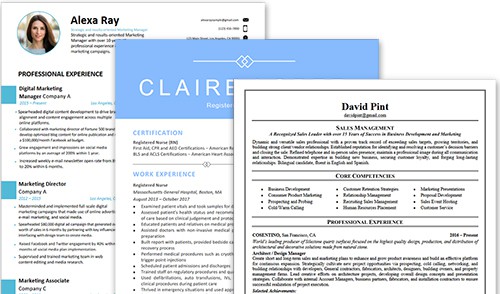How to Stop Younger Employees from Replacing You in the Workplace
There are a multitude of reasons why companies are always looking to replace their older employees with new talent. Sometimes it’s simply because they can get away with it. Younger employees are often willing to do the same job for a far lower salary. Other times, it’s because companies want to hire new college graduates who have more energy and the desire to prove themselves.

While there are a lot of reasons why a company might want someone younger to take over your post, you’ll be glad to know that there are also a lot of things you can do to make yourself tougher to replace. Here are some actionable steps you should consider taking if you want to fend off the young’uns who might be after your job.
1. Remind everyone how valuable you are
Hey, don’t forget, you’ve got a lot of working experience under your belt, and with that experience also comes wisdom – an intangible asset that younger employees don’t have.
Some managers incorrectly believe that a new hire can take over your job and be able to pull off the same magic that you’ve been producing day in and day out for years now. In fact, that’s part of the problem – you’ve been doing such a stellar job for such a long time that your superiors have forgotten just how valuable you truly are to the company. The solution? Remind them!
A great way of showcasing your skills is to help your coworkers out whenever you get the chance. Show the new guys on the block how it’s done. Give yourself the reputation around the office as the wise old sage who knows it all. By voluntarily teaching others now, you won’t be forced to train your future replacement later!
2. Get in touch with social media
It’s sad but true – people make hiring decisions based on perception and not facts. If you don’t seem like you’re in the loop, then people will think that perhaps you’re really not. In today’s world, being in the loop means understanding social media.
Imagine mingling with a group of coworkers during an office lunch break. Someone brings up something about a new tweet, and you’re the only one in the room who doesn’t get it. In fact, you’re still trying to figure out what a tweet is and what Twitter is even used for.
This can be a reoccurring situation you find yourself in, and one that creates a disconnect between you and your coworkers. While knowing nothing about social media jargon might have no impact whatsoever on your work performance, it’s important to remember that it’s people’s perceptions that counts. Coworkers who feel that you’re clueless in one facet of life will often make the assumption that you’re also clueless about other things – like your job. To prevent this from happening, spend some time diving into the social media world and get acquainted with the most popular apps. As someone who’s had to do this myself, I can promise you they’re not too hard to get a hang of.
3. Teach yourself new tricks
Business is constantly evolving. Even for resume writing services, an industry that may seem relatively stagnant on the surface, businesses are still always forced to learn new things and innovate. Unfortunately, some business executives and managers like to jump to the conclusion that older folks are simply too stubborn to adapt, preferring to hire students straight out of college instead.
Well, this is your chance to prove the naysayers wrong! Always be open to integrating new and perhaps even cutting-edge tools and technology into your job. It may require you to bury your nose in a book or take an online course to revamp your skill set, but you can rest assured that it’ll be well worth it. Besides, learning new skills has been found by studies to sharpen the aging mind.
4. Keep a few secrets to yourself
While it’s a good idea to mentor others around the office, it’s also smart to keep some things to yourself. Let’s say you’re a programmer and you’re the only person who knows how a critical piece of code works. Or imagine that you’re a salesperson and you’re the only connection your company has to some big-name clients. If your boss does fire you, your firm could run into serious software issues or end up losing some major clients.
By being the only employee capable of doing certain things, you’ll have set up a situation where you are almost irreplaceable. This way, your boss will have second thoughts when trying to bring in a new guy to oust you from your job.
